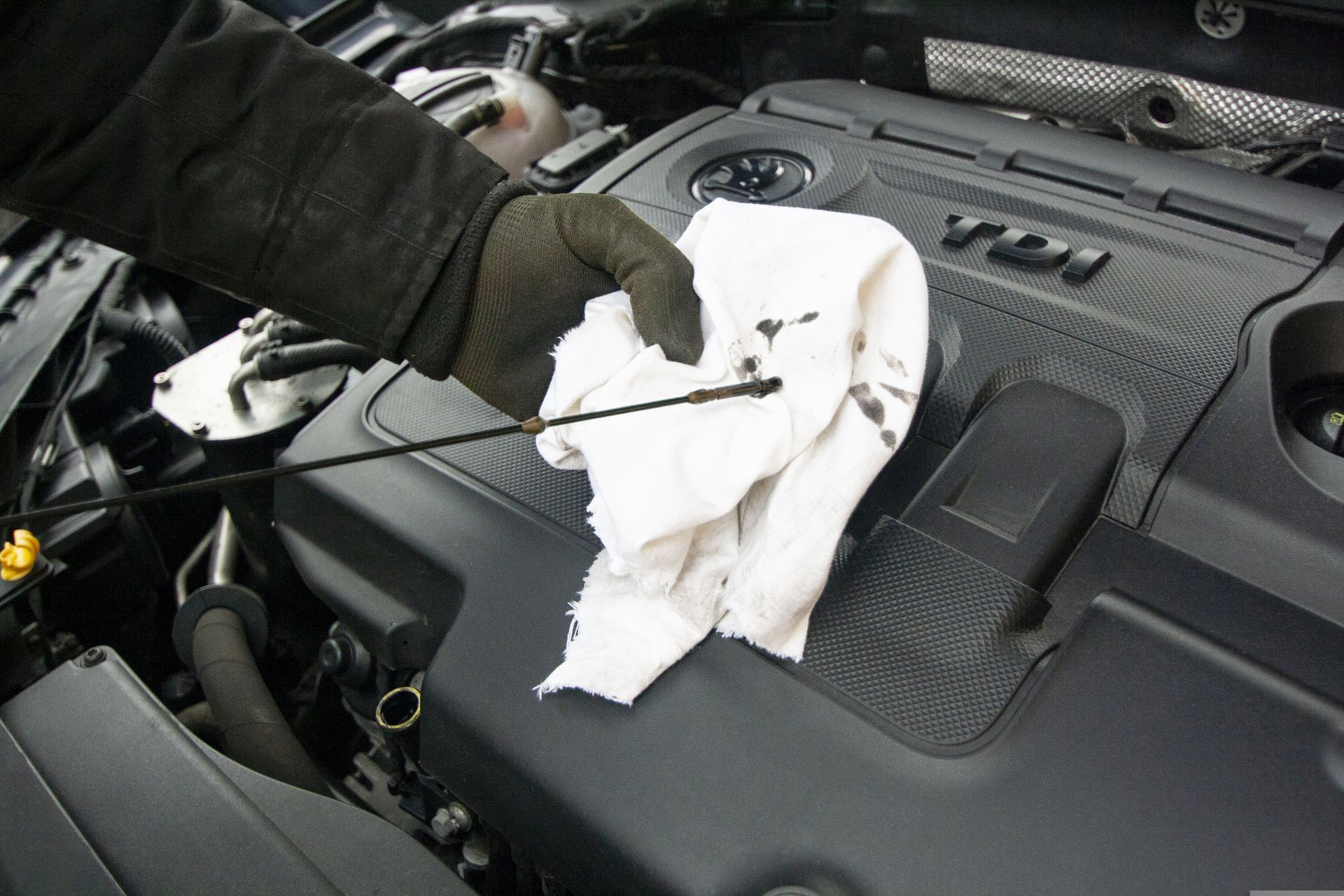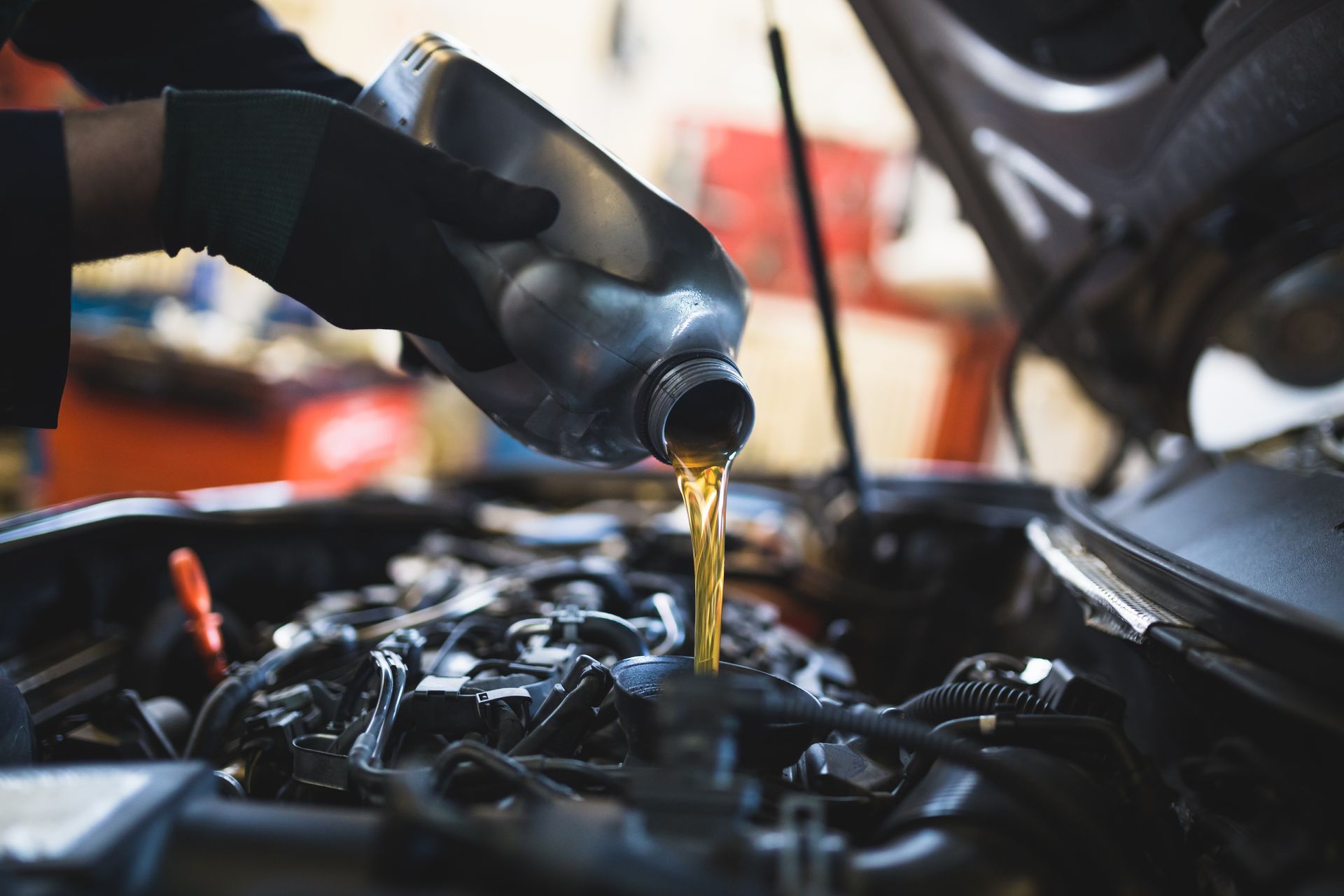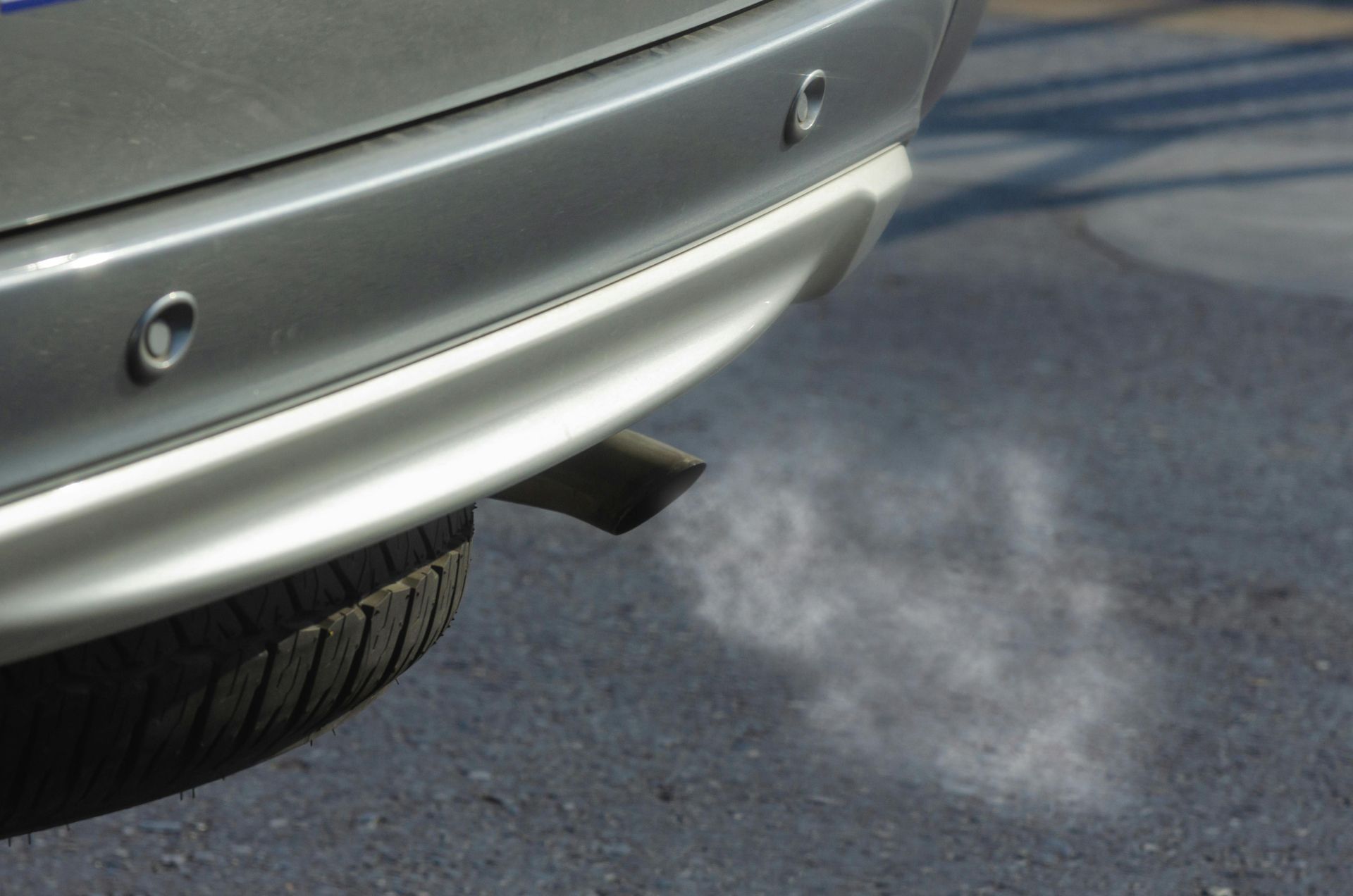How to Tell If Your Vehicle’s AC Needs a Refrigerant Recharge: A Guide from Auto Centric in Grand Rapids, MI
How to Tell If Your Vehicle’s AC Needs a Refrigerant Recharge
As the temperatures rise, there's nothing more frustrating than a car air conditioning (AC) system that isn’t performing as it should. Whether you’re running errands around Grand Rapids or heading out on a road trip, your vehicle’s AC system plays a vital role in keeping you comfortable. One common issue that drivers face is low refrigerant levels, which can significantly affect the performance of your AC. But how do you know if your vehicle needs a refrigerant recharge?
At Auto Centric in Grand Rapids, MI, we believe that staying informed is key to keeping your car in optimal condition. In this article, we’ll explore the signs that indicate your vehicle's AC may be low on refrigerant and why it’s important to address this issue promptly.
1. Weak or Warm Airflow
One of the most common signs that your AC needs a refrigerant recharge is weak or warm airflow. If your AC is blowing warm air instead of the cool breeze you're used to, it’s a clear indication that the refrigerant levels are too low. Refrigerant is responsible for absorbing heat from your vehicle’s cabin and releasing it outside. When the refrigerant is low, it can’t effectively cool the air, leaving you with uncomfortable warm air.
2. Longer Cooling Times
If it’s taking much longer for your vehicle to cool down than it used to, this could be another sign of low refrigerant levels. When your AC system is running with insufficient refrigerant, it has to work harder and longer to cool the air. This not only affects your comfort but also places additional strain on the system, which can lead to more costly repairs if not addressed.
3. Hissing Sounds Coming from the AC System
Strange noises coming from your AC system are never a good sign, and if you hear a hissing sound, it’s worth paying attention to. This sound could indicate a refrigerant leak, which is a common reason why your AC might need a recharge. The hissing occurs when refrigerant escapes from the system, and over time, the levels can drop to the point where your AC struggles to perform. If you hear this sound, it's time to schedule an appointment with Auto Centric in Grand Rapids, MI, to have your AC inspected.
4. Visible Refrigerant Leaks
Refrigerant is a chemical that’s typically invisible, but if you notice oily stains or residue around your AC system’s components, it could be an indication of a refrigerant leak. These leaks can happen in various parts of the system, including the hoses, connections, or the compressor. It’s crucial to address leaks early to prevent further damage to the AC system. At Auto Centric, our technicians in Grand Rapids, MI, specialize in identifying and repairing refrigerant leaks to keep your AC running smoothly.
5. AC Clutch Failing to Engage
The AC clutch is a key component that engages the compressor, allowing the system to circulate refrigerant. When the refrigerant level is too low, the clutch may fail to engage because there’s not enough pressure in the system. If you notice that your AC clutch isn’t engaging, it’s a strong sign that your AC needs a refrigerant recharge. Auto Centric’s expert team can quickly diagnose and fix this issue, ensuring your AC system is back to full performance.
Why Addressing Low Refrigerant is Important
Low refrigerant levels don’t just impact your comfort; they can also cause long-term damage to your AC system. When refrigerant is low, the system has to work much harder to cool your vehicle, leading to unnecessary wear and tear on components such as the compressor. Ignoring low refrigerant can eventually lead to more severe problems, including complete AC failure, which can be costly to repair. By recognizing the signs early and scheduling a refrigerant recharge with Auto Centric in Grand Rapids, MI, you can avoid more extensive repairs and keep your AC functioning efficiently.
How Auto Centric Can Help
At Auto Centric, we pride ourselves on providing top-tier AC services for our customers in Grand Rapids, MI. If you suspect your vehicle’s AC needs a refrigerant recharge, don’t wait until it’s too late. Our ASE-certified technicians have the expertise to accurately diagnose and fix refrigerant issues, ensuring that your AC system is ready to tackle the hottest days of summer.
We use advanced diagnostic tools to pinpoint refrigerant leaks and verify that your AC system is performing at its best. Whether you need a simple recharge or a more complex repair, you can trust Auto Centric to deliver reliable and professional service. With our commitment to quality and customer satisfaction, we aim to keep your vehicle running smoothly and your AC blowing cold air all year round.
When to Schedule a Refrigerant Recharge
If you’ve noticed any of the signs mentioned above, now is the time to schedule a refrigerant recharge. Even if your AC is still somewhat functional, addressing low refrigerant levels early can prevent more significant issues down the line. At Auto Centric in Grand Rapids, MI, we recommend having your AC system checked at the first sign of trouble. Regular maintenance can extend the life of your AC system and keep you comfortable on the road.
Your vehicle’s AC system is essential for comfort, especially during the hot summer months. Knowing the signs that your AC needs a refrigerant recharge can help you stay ahead of potential problems and avoid costly repairs. At Auto Centric in Grand Rapids, MI, we’re here to help you maintain a cool and comfortable ride. If your AC is blowing warm air, taking longer to cool down, or making unusual noises, it’s time to give us a call.
Let our skilled technicians at Auto Centric take care of your vehicle’s AC needs. From diagnosing leaks to performing refrigerant recharges, we’ve got you covered. Contact us today to schedule your AC service and stay cool all summer long.















